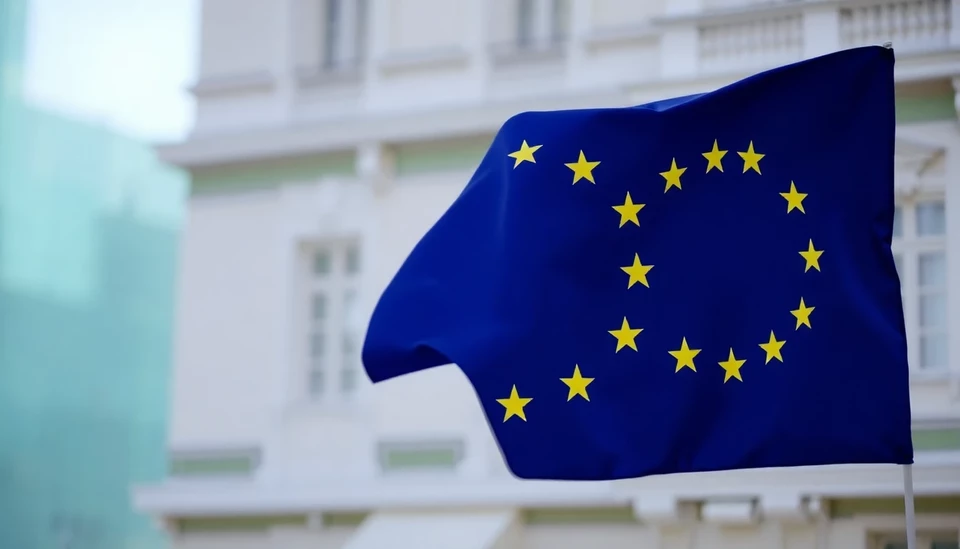
In a significant development for French fiscal policies, Brussels is gearing up to approve France's budget proposal for the year 2025. This decision underscores a broader commitment from European Union officials to foster economic recovery across member states while navigating the complexities of debt management.
The French budget, which has been a point of contention and negotiation, seeks to address key priorities such as public service funding, social welfare programs, and investments in green initiatives. French Finance Minister Bruno Le Maire has emphasized the importance of this budget as a roadmap for sustainable growth and resilience in the face of global economic challenges.
Brussels' impending approval is seen as a vote of confidence in France's ability to stabilize its economy post-pandemic. The proposed budget aims to reduce the national deficit while still allowing for substantial public expenditure. Notably, the budgetary plan stipulates a reduction in the deficit to 4% of gross domestic product (GDP) by 2025, a target that has been met with cautious optimism from economists.
The approval process, which involves rigorous assessments of national budgets by the European Commission, reflects the EU's stringent fiscal rules designed to maintain economic stability within the bloc. French officials have worked closely with EU representatives to ensure that the budget aligns with these regulations, thereby smoothing the path to endorsement.
The strong push for a balanced budget is echoed in the European Commission's broader agenda aimed at fiscal discipline, particularly as EU countries grapple with inflationary pressures and energy costs following geopolitical tensions. The bilateral discussions have centered around ensuring that France's budgetary commitments do not compromise its long-term fiscal health while enabling public sector growth and investment.
This budget is also integral to France's strategic vision, aligning with the EU's Green Deal objectives. Investment in renewable energy, the digital transition, and infrastructure improvements are focal points aimed at fostering sustainable development and innovation. The French government is keen on demonstrating leadership within the EU by prioritizing these areas, which are crucial for both economic recovery and climate action.
As the EU prepares to finalize its assessment, all eyes will be on the resilience of France's economic plan and its potential impact on the broader European economy. Should the budget receive the green light, it could set a precedent for other member states looking to balance developmental needs with fiscal responsibility in an increasingly uncertain global economic landscape.
With this anticipated approval, France stands at a pivotal moment where concerted efforts to stabilize and grow its economy could engender a more robust recovery trajectory. Stakeholders from various sectors will watch closely as the outcome of the approval may influence subsequent fiscal policies across Europe in the coming years.
In summary, the approval of France's budget for 2025 is a crucial step towards restoring economic stability and promoting sustainable growth, reflecting the EU's collaborative approach to managing fiscal affairs amidst ongoing challenges.
#EuropeanUnion #FrenchBudget2025 #EconomicRecovery #SustainableGrowth #BrusselsApproval #FiscalPolicy #GreenInitiatives #PublicInvestment
Author: Laura Mitchell




